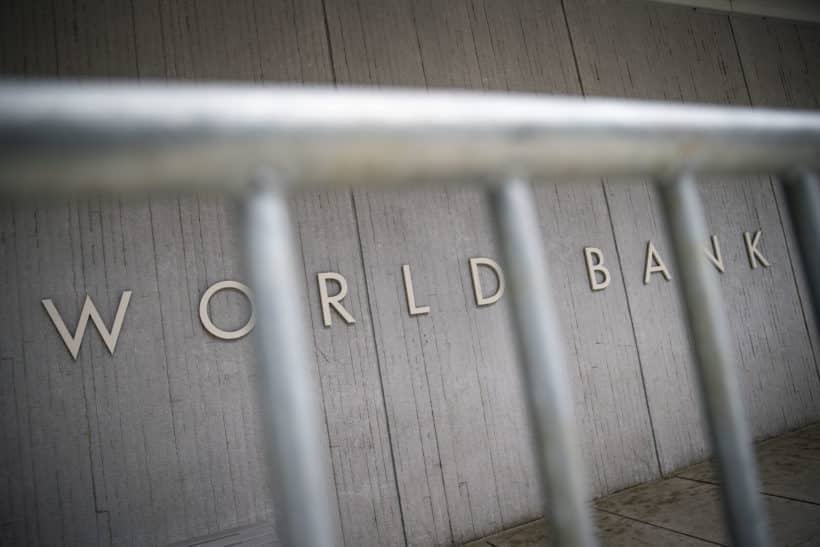
The World Bank, Germany and the African Development Bank have agreed to provide $1.9 billion in funding for South Africa’s Just Energy Transition plan as the country scrambles to overcome power shortages that have curtailed economic growth in the past two years.
South Africa’s National Treasury said the concessional loans will enable it to raise other funding at affordable rates and would also be used in funding its reforms. The World Bank is providing $1 billion while the AfDB will give $300 million dollars with Germany’s KfW bank lending $547 million.
The loans “…are in line with the National Treasury’s funding strategy to diversify its funding mix for international borrowing and access concessional financing instruments offered by the development partners to support government’s key reforms under climate change and the electricity sector,’’ the government said in a statement. “ These facilities also enable the National Treasury to raise funding at very affordable rates which help to reduce the government public debt.’’
South Africa is battling its worst power shortages this year as power utility Eskom struggles to keep its ageing coal-fired power stations operating. The government has in response agreed an $8.5 billion energy transition plan with donors which it has lately suggested needs refinement.
Yesterday, South Africa announced it had approved an implementation plan for the program, which it said will guide the country’s transition to a low carbon economy by scaling up power from renewable energy sources.
Minister in The Presidency, Khumbudzo Ntshavheni, said the plan will be a combination of reforms in the energy sector, including the Mpumalanga Just Transition, new energy vehicles and green hydrogen.
The World Bank, Germany and AfDB loans have grace periods ranging from two to five years while repayment terms are from 12 to 15 years.
“These agreements signify and reinforce the excellent collaborative efforts between the Government of Germany, World Bank and AfDB and our government, that has ensured the successful conclusion of the loans,’’ the National Treasury said.

